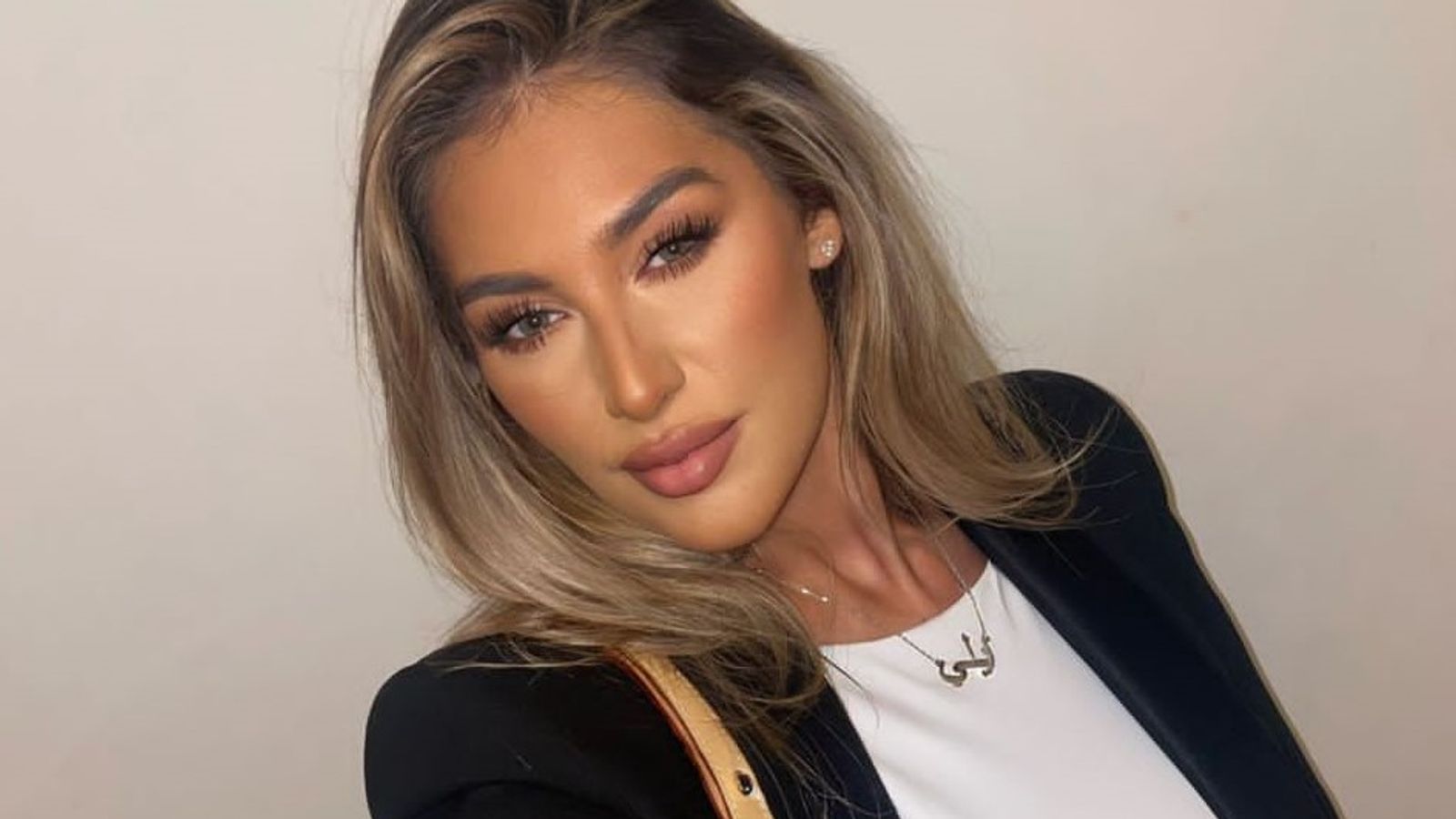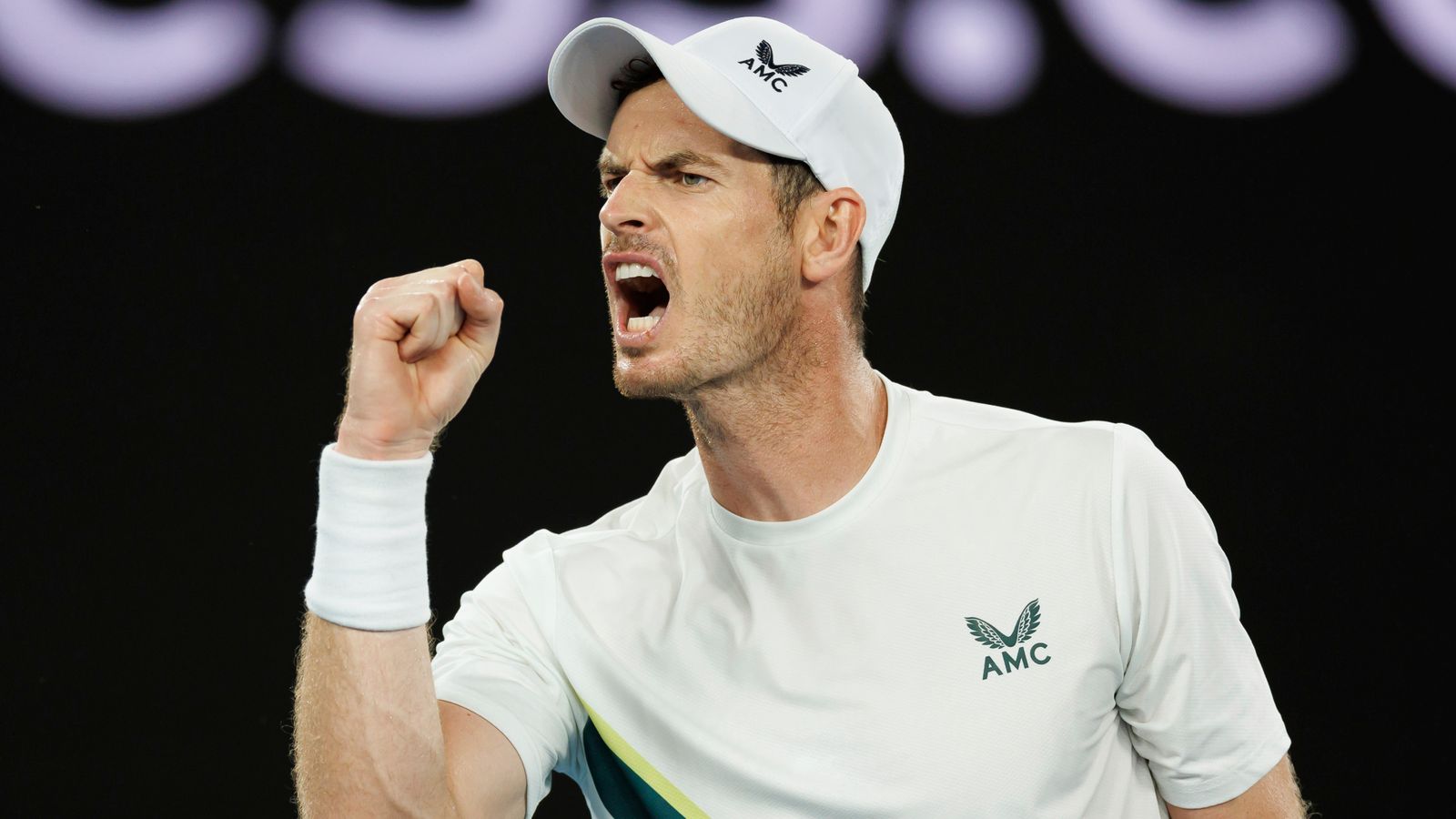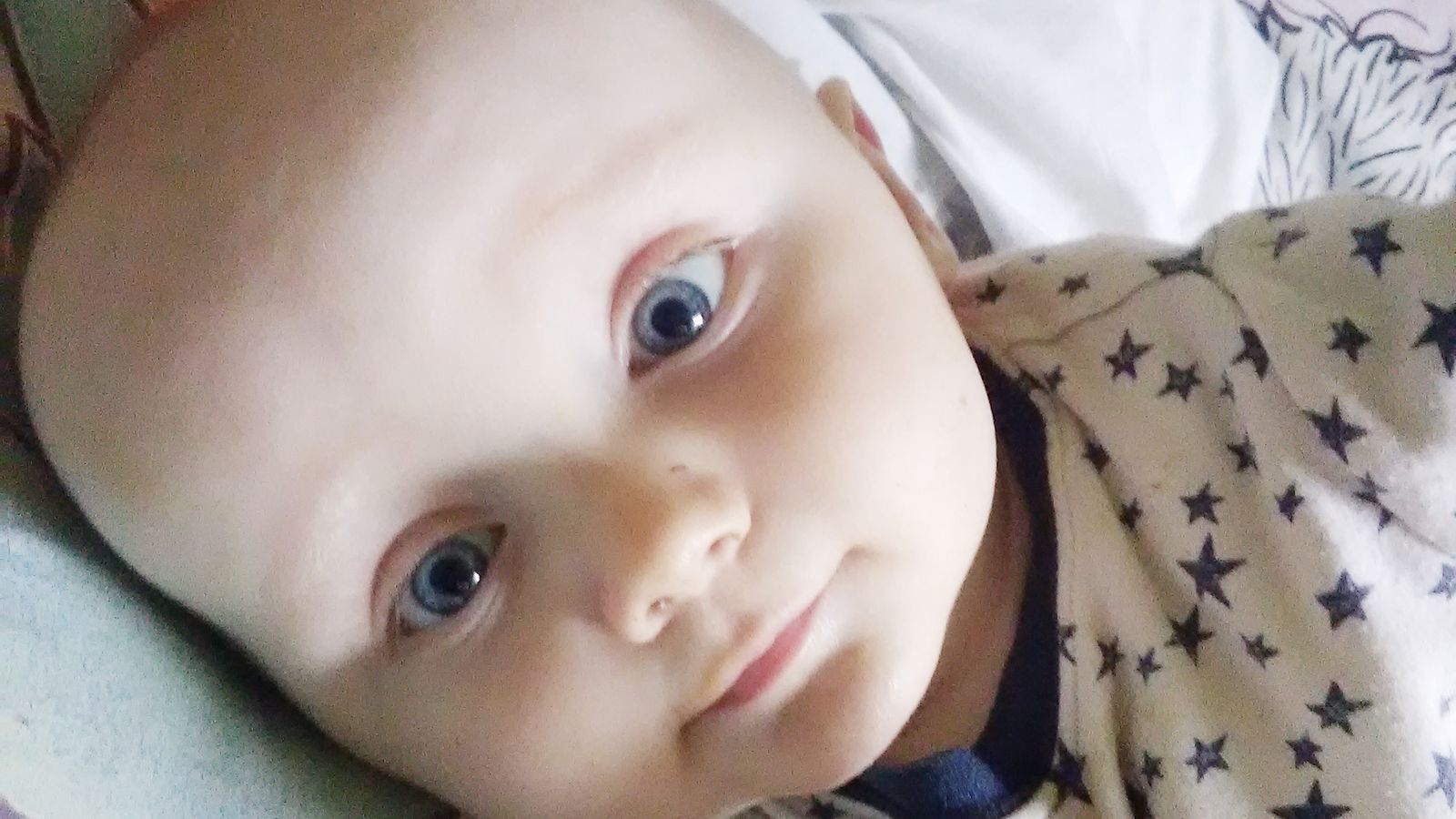
Melbourne NFT artist Giant Swan used to sit in his car crying because he didn’t fit in. Now he’s found his place as a gothic VR dream creator
From sitting in his car crying before work every morning to becoming a successful digital artist, the story of Australian-based VR painter and sculptor Giant Swan is one of persistence, timing and pushing boundaries.
In a world where a digital artist can now monetize their work through NFTs as opposed to cheap likes and comments on Instagram, Giant Swan stands out from the pack, being the first artist to put a 3D object on-chain and for his truly unique and immersive pieces that have captured the attention of collectors all over the globe, including renowned whales such as j1mmy.eth, Moderats Art and Whale Shark.
For me, crying in the car before work was a lot to do with knowing that you should be somewhere else. I knew I didnt fit with what I was doing. To be where you suddenly belong, I think, is what every artist is probably striving for in some way, Giant Swan says.
After minting his first NFT on Nov. 30, 2019, on Known Origin, Giant Swan caught the initial wave of interest in digital art. He credits the likes of David Moore from Known Origin for helping him take the plunge.
Dreamlike states
You can get lost viewing Giant Swans art; the depth of his work often needs to be seen to be believed. OG Crypto artist Josie Bellini described it thus:
When I look at Giant Swans work, you cant stop thinking, and you start to feel a certain way. I can see the blood, sweat and tears. I can see that hes put his heart in his canvas and the way that every stroke he builds them in VR. They have so much depth and so much emotion to them.
Giant Swan states, A really simple goal of my art has always been that I want you to experience it and feel like you had a dream, or you have to describe it like you try to describe a dream.
To create the art he does via VR, the Melbournian from Australia uses a PC VR headset and gaming rig, but said a basic Meta Quest VR headset could do the job for most people.
I create art by turning my movement into shapes and color. I do that by wearing a virtual reality headset that places me into an empty void. Theres no roof, there’s no floor, there’s no walls; it’s just endless. That movement can be filled with an endless amount of material shapes, color, density, size, and scale. I feel that until I have a space that I’m happy with, Giant Swan says.

From there, I explore that space to see how I can capture a story and share that with other people. I like to make art this way because traditionally, we look at computers of digital art and we judge it by its perfection.
Its the pursuit of perfection were hiding or imitating how we look at the world until it’s digital or not. VR art lets us explore imperfection, and in that, it enables a very digital art medium to become one of the most organic digital art forms available. I’d be surprised if you could find someone else who does what I do now.
Notable sales



Rapid-fire Q&A
How would you describe your style as an artist?
I’d like to think that it’s a balanced emotional take on surrealism in art. Really thrash, almost impressionistic kind of take on 3D art. I love to hit gothic notes and symbolism. I like drawing from a lot of things, but I wouldnt know how to name it. That’s why it’s Giant Swan style. Thats why people can pick me out in the crowd because you can’t put it in a bin.
Who are the influences on your art career to date?
Ive got lots of influences, but to name a few. Ashley Wood worked on Tank Girl, which is a loose inky comic book style. Also Jamie Hewlett, who does all the imagery behind The Gorillaz and Tank Girl.
The Gorillaz were an influence on me in that you used to get their CDs and to get all the extra stuff out of it. You had to put it into your PC but they never said that; you just put the CD in, and you’d explore and find all the cool stuff. It was an experience. That really informs how I see my work. Now I want my work to be experienced.
Is there an up-and-coming artist/s you think people should be paying attention to?
Theres a Melbourne artist named Mysterious Al. He is a muralist that you’ll probably recognize the moment you Google him. Hes an incredible artist.
Who is a notable collector of yours that makes you smile knowing they own one of your pieces?
When I think of people like Pranksy, j1mmy.eth, Josie, Whale Shark, Moderats Art and Deej, it brings a smile. These are all big whales, but they are also entrepreneurs and extremely successful people. They all saw that in me before my works became really expensive.
Whats your favorite NFT in your wallet thats not your own NFT?
My favorite NFT in my wallet is a pair of shoes for Cryptovoxels that n0shot made. It was so early in the crypto art culture wed all meet up in Cryptovoxels. That was probably the first time sneaker culture really kind of teased its way into the space.
Whats hot elsewhere in NFT art markets
Notable recent sales from Tyler Hobbs include an Incomplete Control and Fidenza that was sold via Sothebys and a pipe Chromie Squiggle that collector DGMD picked up.



OpenSea in royalty race to the bottom
For the majority of 2023, amid a bloodbath for NFT collection prices, the creator royalties discussion has felt like a race to the bottom and OpenSea all but confirmed this with their announcements the marketplace will move to optional creator royalties on secondary sales.
This unpopular decision probably doesnt come as a surprise, however, with Blur marketplace continuing to dominate market share.
From Aug. 31, OpenSea will sunset the filter it introduced in November 2022 as a response to Blur and other marketplaces allowing collectors and traders to bypass creator royalties. At the height of NFT mania, the issue was heralded as the big game changer in an emerging new creator economy.

The technology remains the same, but when the market was booming for most of 2020 through 2022 paying out creator royalties along with OpenSeas 2.5% marketplace fee was rarely questioned.
OpenSea CEO and co-founder Devin Finzer said:
In November 2022, we launched the Operator Filter: a tool designed to give creators more control by restricting the sale of their collections to Web3 marketplaces that enforce creator fees in secondary sales. It was meant to empower creators with greater control over their Web3 business models, but it required the buy-in of everyone in the Web3 ecosystem, and unfortunately that has not happened. So were making a few changes to our approach to creator fees.
There doesnt seem to be any great solution to be able to enforce royalties without compromising on true decentralized asset ownership, with many having their two cents on the matter, including OpenSea VC backer Mark Cuban, artists Matt Kane and Beeple and NFT influencer Wale Swoosh.
Yuga to the rescue?
Arguably one of the most influential voices also had its say on the OpenSea announcement, with Yuga Labs the creators of Bored Ape Yacht Club and the owners of CryptoPunks, Otherside, Meebits and many other collections coming out strongly against OpenSeas decision.
The statement from CEO Daniel Alegre already has most of the NFT community speculating that a Yuga marketplace will launch as part of the response.

13-year-old helping disadvantaged kids with Blueberry DAO x Nouns DAO

In a heartwarming pocket of the NFT landscape, 13-year-old Lilpurpberry from Brisbane has embarked on a philanthropic initiative in collaboration with Variety childrens charity.
Blueberry DAO, backed by funding from Nouns DAO, was created by Lilpurpberry to build a treasury, including sales of Lilpurpberrys NFT pixel art. The treasury is to support local childrens charities, and Variety was the first recipient, with funds being channeled to the Bikes for Kids program, which delivers brand new bikes and helmets to kids experiencing disadvantage who would otherwise miss out.
Tweet of the week






